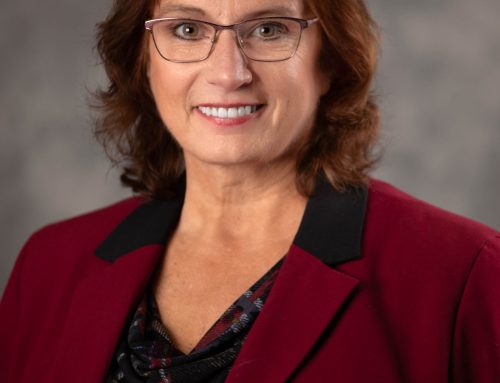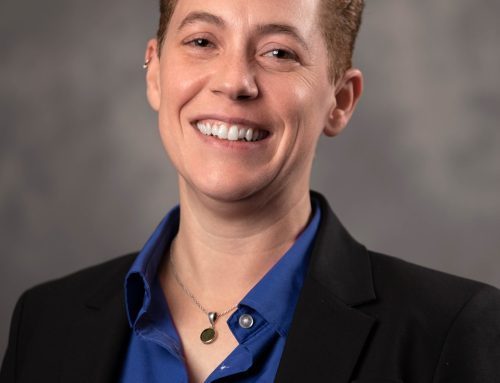There were more deaths in the U.S. last year than in any single year since the government began keeping track more than a century ago. Yes, our nation’s population is increasing and getting older, but the largest negative influence on life expectancy came from deaths among middle-aged people and adolescents who died from drug overdose or suicide.
According to Dr. Robert Redfield, Director of the U.S. Centers for Disease Control and Prevention (CDC), “These sobering statistics are a wake-up call that we are losing too many Americans, too early and too often, to conditions that are preventable.”
Deaths from drug overdose and suicide are having an alarming impact across our nation. Statistics just released by the CDC show life expectancy in the U.S., which had been increasing for decades, is now trending down. To give that some context, consider that the U.S. had been in the longest period of a generally increasing life expectancy since the late 1910s. Not anymore.
Robert Anderson, who oversees death statistics for the CDC, said “we’ve never really seen anything like this.” I have to agree. I’ve been a mental health professional for all of my adult life and I can only conclude that America is in a health care crisis—and deaths resulting from opioid overdose and suicide are having the most significant impact. That’s why, whenever and wherever I can, I call attention to this crisis and encourage people to act. In our role as a mental health agency, MHA embraces education about mental wellness just as strongly as we embrace treatment.
The CDC’s statistics are sounding an alarm we all need to hear: In America, people are now dying at a faster rate and at an earlier age as a result of conditions that are preventable. Opioid overdose deaths and suicide deaths are the bubonic plague and pandemic flu of our times. Much like those public health crises of the past, overdose deaths and suicide deaths affect every social, economic, geographic, age, gender, and demographic category. No one is immune.
We must work together to move our society and culture to a place where we can talk as openly about diagnosable mental health issues as we talk about other health issues, such as cancer, hypertension or diabetes. We need to provide a safe and welcoming space for people to talk about emotions without fear, judgment or stigma. The conversation needs to happen and MHA is committing substantial resources to help.
And here’s a way you can help: use the holiday season as an opportunity to give the gift of self. Be present in your loved ones’ lives. Ask people you care about how they are feeling—and then listen! Frankly, it can feel awkward to actively take stock in how people around you are feeling and behaving. You may be worried what happens if you’re wrong. You should be more worried about what happens if you’re right but do nothing. Reach out. Have that uncomfortable conversation. It could lead to help that saves a life.
If you have a mental health concern, for yourself or someone you care about, contact me at 413-233-5392 or skendall@mhainc.org. It may be uncomfortable, but let’s have a conversation. I will gladly guide you to resources that can help.
Sara Kendall, MSW, LICSW is MHA’s Vice President of Clinical Operations and responsible for practice management and oversight of all clinical related programming and therapies offered through MHA. Sara is also spearheading the opening and day-to-day operations at MHA’s new center for emotional wellness opening in early 2019 at 153 Magazine Street in Springfield





